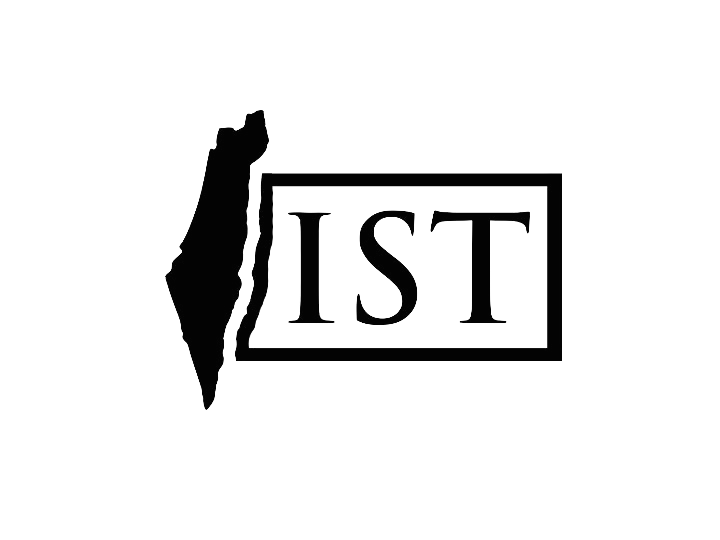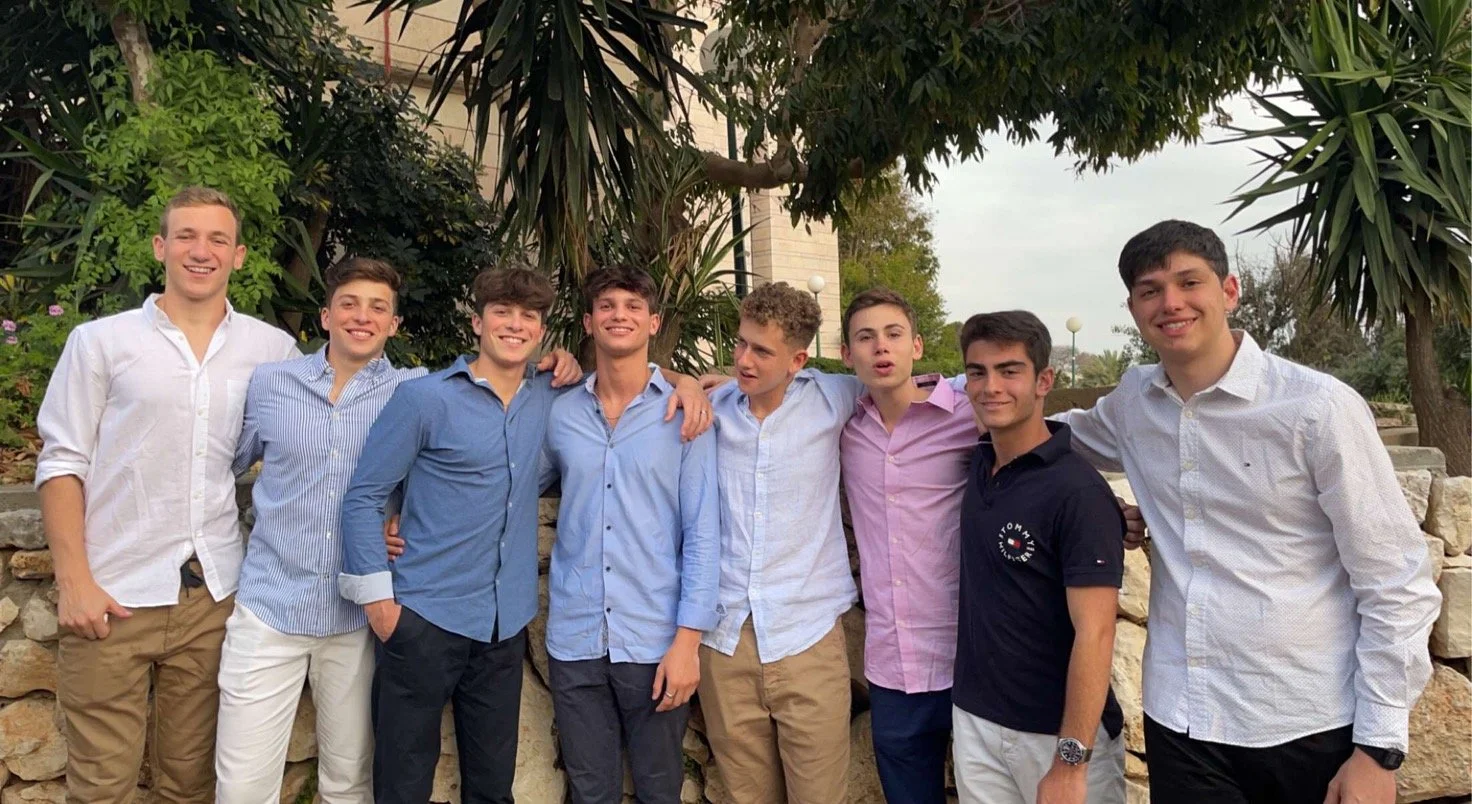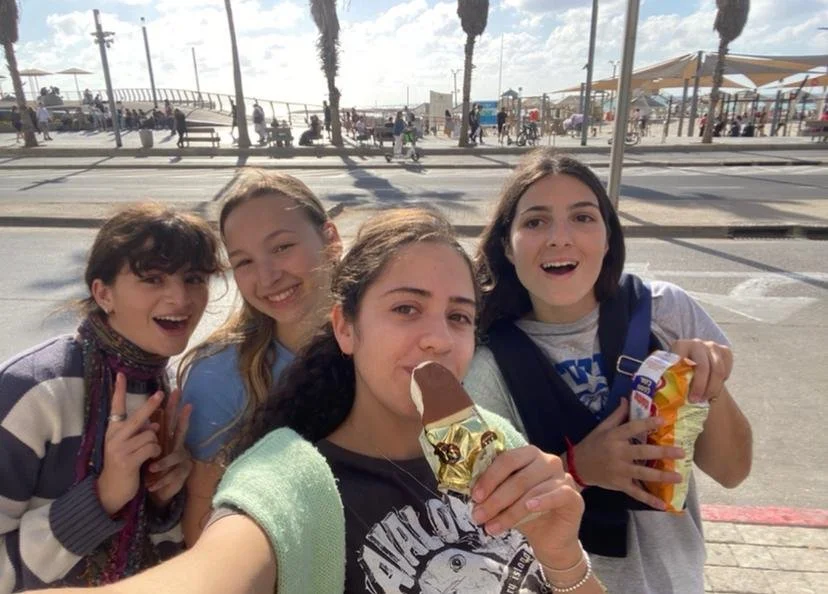Day 6/7 and Pesach Week - Yaron
Pesach
Pesach commemorates the festival of liberation and freedom of the Israelites from Egypt 3000 years ago. However even to this day we, and so many others, do not live completely liberated lives. As The Lubavitche Rebbe states “in every generation, and every day, a Jew must see himself as if he had that day been liberated from Egypt.” Every day holds its own "Egypt"—a power to restrict our freedom, test us and pose dynamic challenges.
Our Pesach was spent in a small Moshav called Kfar Haroeh together with our entire year. Without question it was the most meaningful and fulfilling week of IST so far. However, our year were met with many challenges along the way. This included a virus that seemingly caught onto every 2nd person, the battle of a no-chametz diet and challenging accommodation.
Prior to Seder night, anticipation rose as everyone got dressed for group photos. The delight of being in the Holy Land for Pesach was overwhelming. The seder was full of excitement, singing and grape juice spillages. Each family group played a role in uplifting the vibe of the night with a performance of some sort. My highlight was singing l'shana haba'ah beyerushalyim (next year in Jerusalem) at the end of the seder, while sitting in our Holy Land, surrounded by friends.
For many, the next 24 hours would be the first time without electricity or phones. The day was spent forming relationships I would’ve never anticipated prior. Chag was then ended with a Havdalah service that comprised of chanting “Sha sha shavua Tov” (have a good week) repetitively for at least 20 minutes.
Over Chol Hamoed, those that were healthy, visited the Museum of the Jewish People, Caesarea, Atlit detention camp and Rabin Square, and witnessed some of the adversities and challenges our people had experienced throughout history. The Museum of the Jewish people explored the history of Jews throughout the diaspora and all of history. Caesarea was a city built by King Herod, close to where the Romans tortured and killed the 10 greatest leaders and sages of Jewry, including Rabbi Akiva. The Atlit detention camp detained illegal Jewish immigrants seeking asylum in Palestine from the 1930’s until the independence of Israel in 1948. Then at Yitzach Rabin’s tribute, our tour guide Miriam described the impact hatred and evil can play in leading to the collapse of our society, so similar to the time and situation leading to the destruction of the second temple.
Throughout the week the group faced its own challenges, however we worked together to overcome them. Our year conformed to the famous words of Rabbi Akiva, "You shall love your neighbour as yourself". Those who felt well took the responsibility for taking care of friends who were ill. Those who weren’t satisfied with their rooms were accepted by others. On top of this, dealing with the dietary constraints of Pesach weren’t always easy however we could always rely on some chicken and semi-cooked potato to do the job.
The seventh and last day of Pesach was extended by Shabbat, resulting in 48 hours of no technology. Dinner on Thursday night was followed by a speed dating activity filled with a mixture of awkward and amusing conversations and then a tish that had all either singing with passion or listening with intent. The next two days were just as meaningful with all forced to find a source of entertainment that didn’t consist of our phones. Our year mixed over board games, sports, deep conversations and for many, bouncing a ping pong ball over a table.
Ultimately, our IST Pesach was an extremely precious experience and despite not being with my family, I felt liberated and free.



